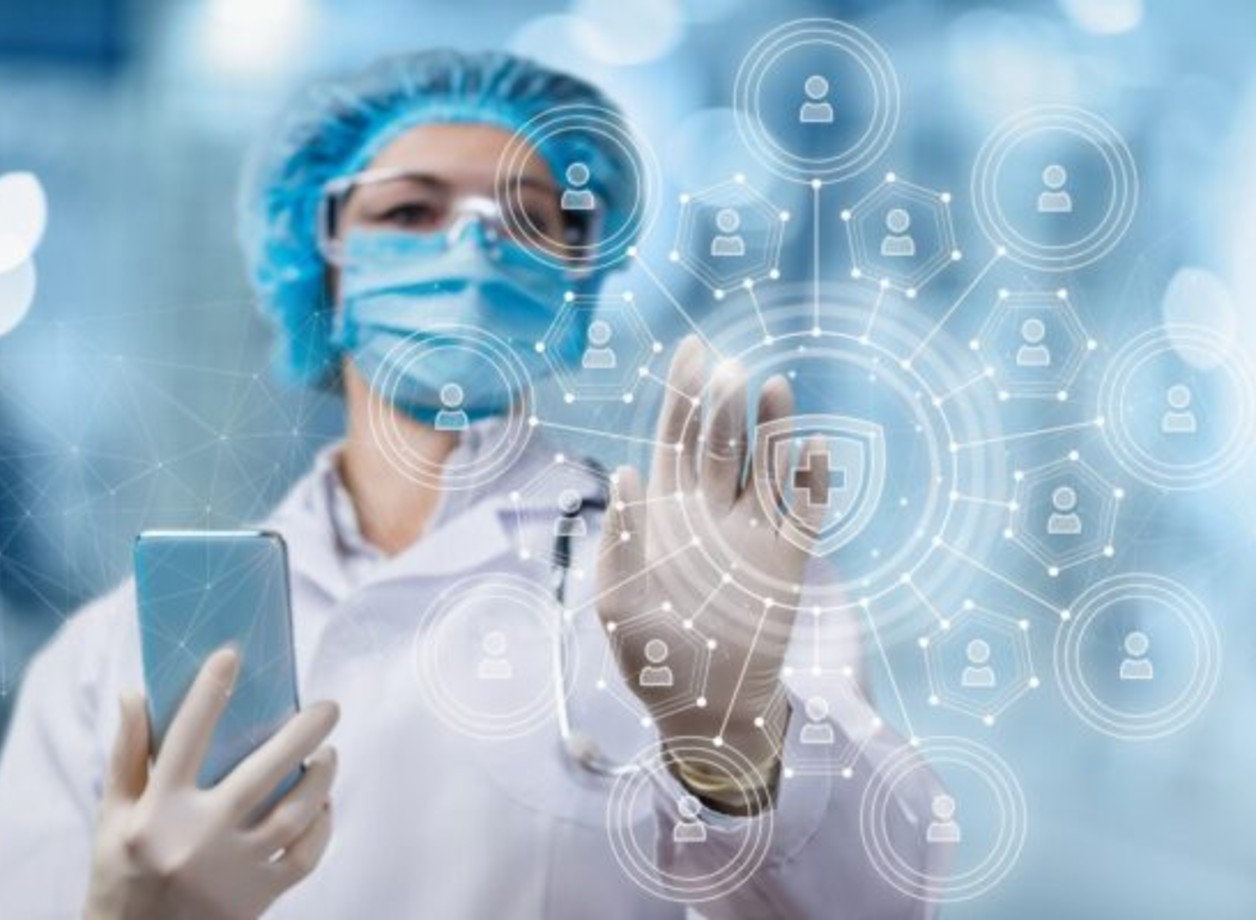

In an era where innovation is reshaping every facet of our lives, the healthcare industry stands as one of the most profound beneficiaries of technological advancement. At the heart of this transformation lies the rapidly evolving field of medical devices — tools that are not only enhancing diagnostic accuracy but also redefining how we treat, monitor, and manage patient health.
Medical devices range from simple instruments like thermometers and stethoscopes to complex, AI-powered systems like robotic surgery assistants and wearable cardiac monitors. They serve one ultimate purpose: to improve patient outcomes through better, faster, and safer healthcare solutions.
Fitness bands have evolved into FDA-approved medical tools. Devices like continuous glucose monitors (CGMs) or smartwatches that detect irregular heartbeats are saving lives by offering constant monitoring outside clinical settings.
From cochlear implants to pacemakers that sync with smartphones, smart implants are becoming central to restorative medicine.
Robotic-assisted surgical systems offer higher precision, smaller incisions, and faster recovery times — all of which are drastically improving surgical outcomes.
Point-of-care devices can now deliver lab-grade diagnostic results in minutes — useful in emergency rooms, rural clinics, and even at home.
With innovation comes responsibility. Ensuring the safety, reliability, and ethical use of these devices is a top priority. Regulatory bodies like the FDA and CE provide rigorous testing protocols, but data privacy and ethical AI usage in medical diagnostics are growing concerns that must evolve with technology.
We’re heading toward a future where smart hospitals, remote patient monitoring, and predictive analytics powered by medical devices will become the standard. 3D-printed organs, AI diagnostic bots, and nanotech-enabled drug delivery systems are no longer the stuff of science fiction — they are the next frontier.
Medical devices are no longer confined to hospitals. They are becoming personal, predictive, and preventative — putting healthcare literally into the hands of patients. As we move toward a more connected, data-driven, and patient-centered healthcare system, the role of medical devices will only grow in importance and impact.
Whether you’re a healthcare professional, a medical student, or a curious tech enthusiast, one thing is certain — the medical device revolution is just beginning, and its potential is boundless.
Hi, this is a comment.
To get started with moderating, editing, and deleting comments, please visit the Comments screen in the dashboard.
Commenter avatars come from Gravatar.